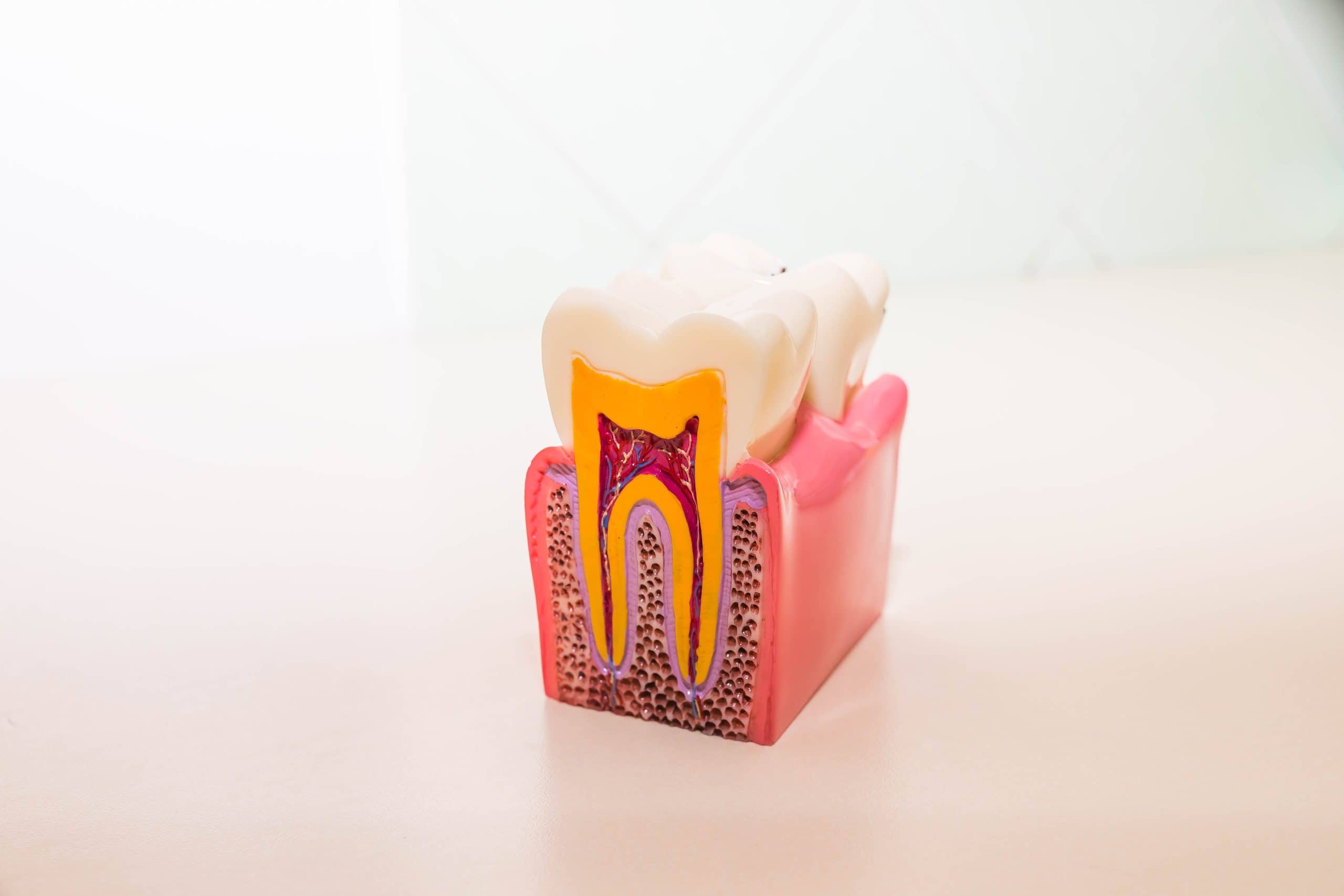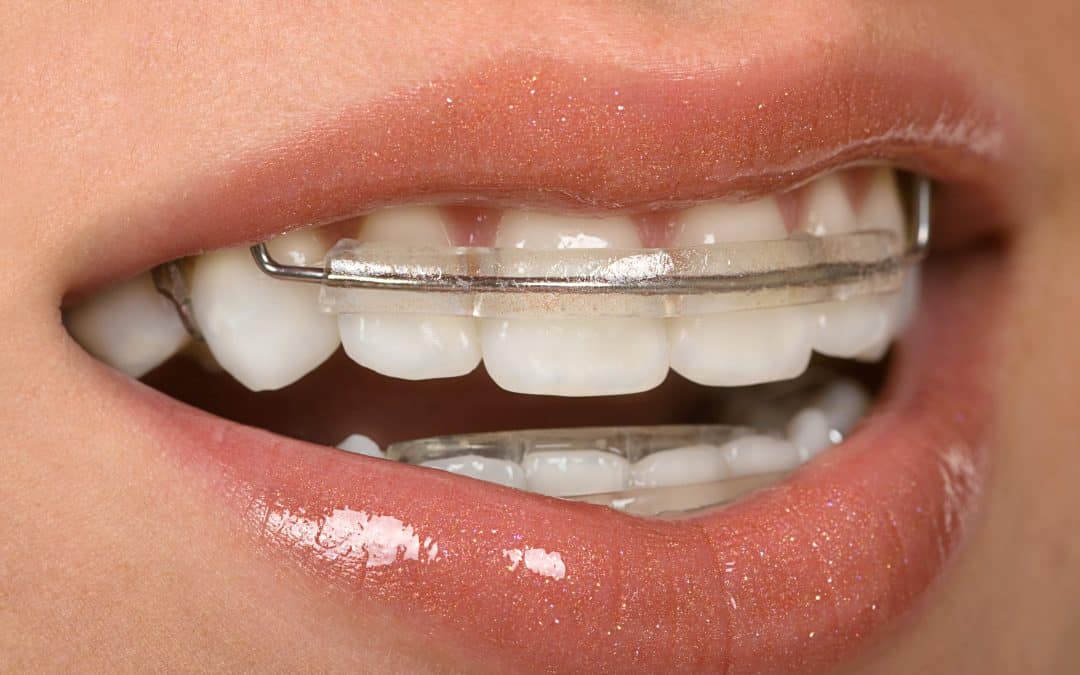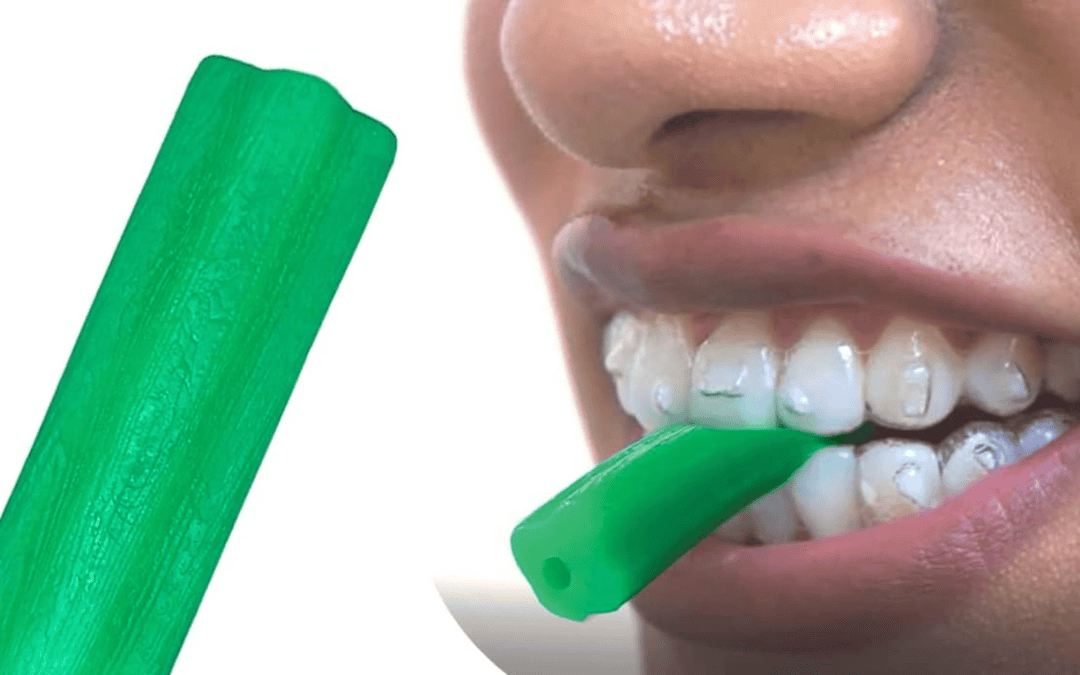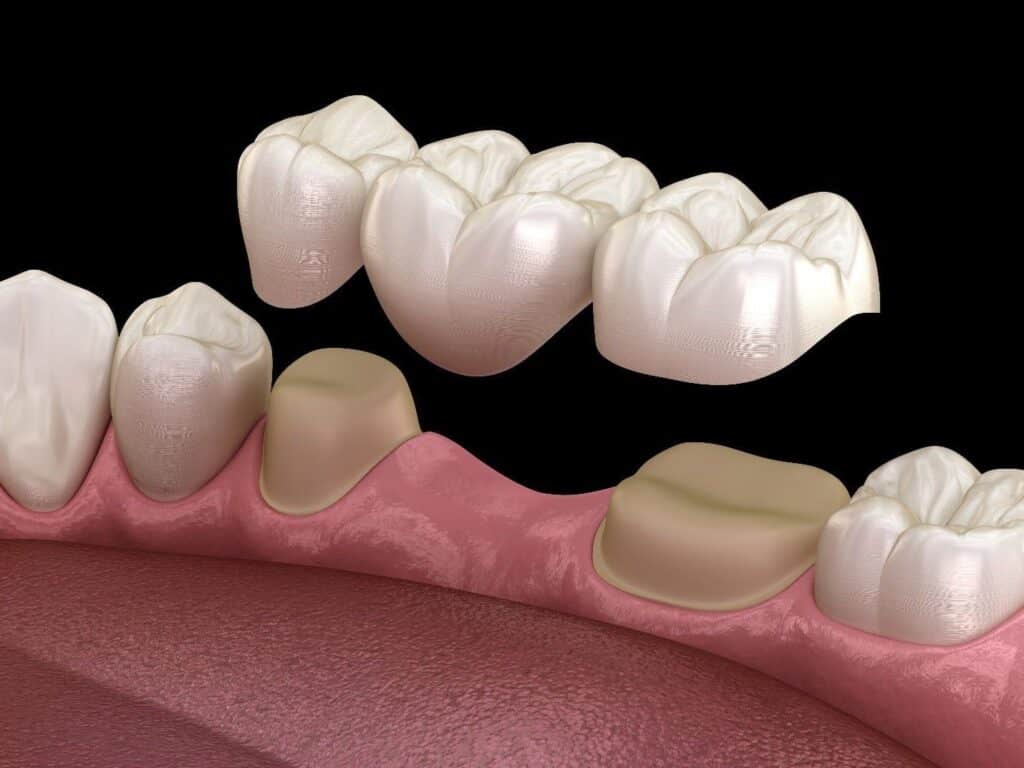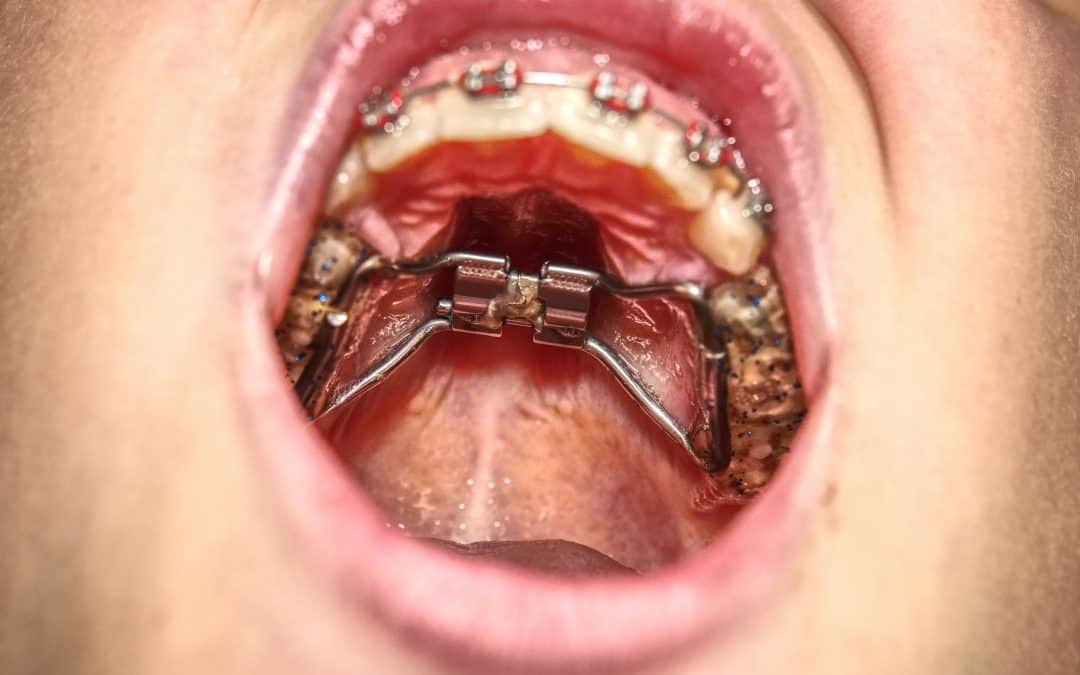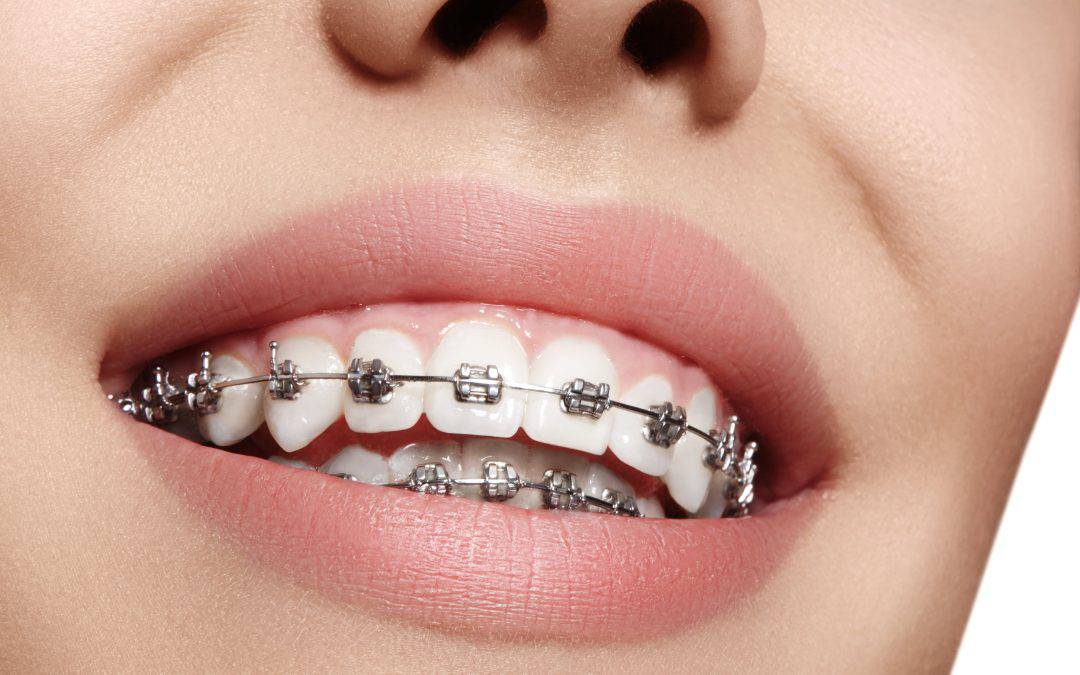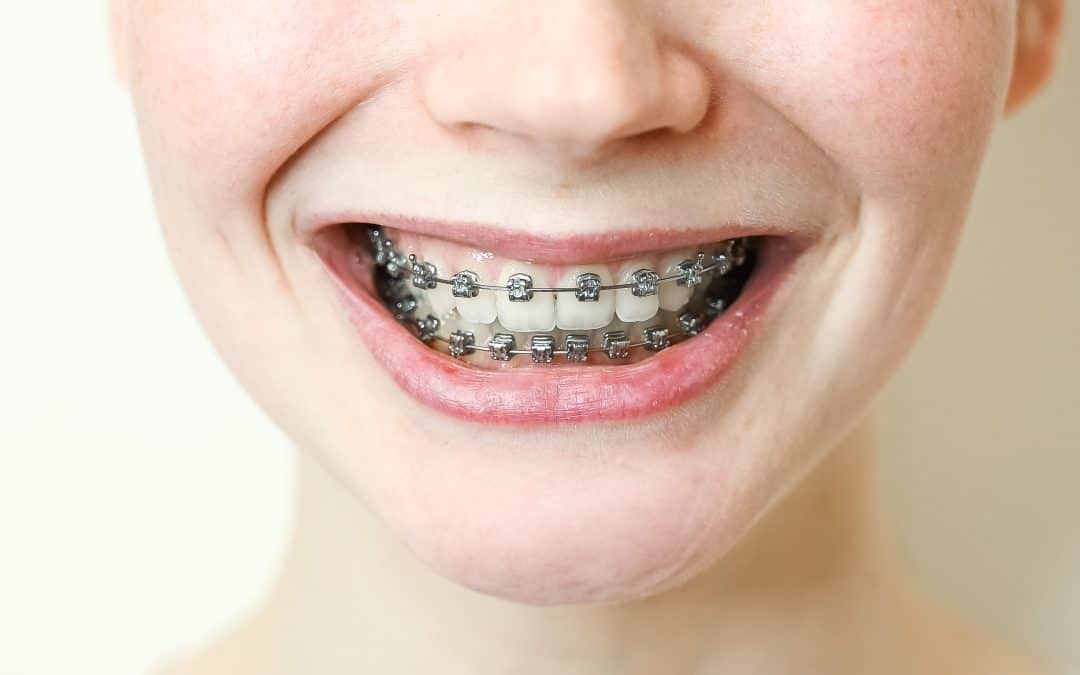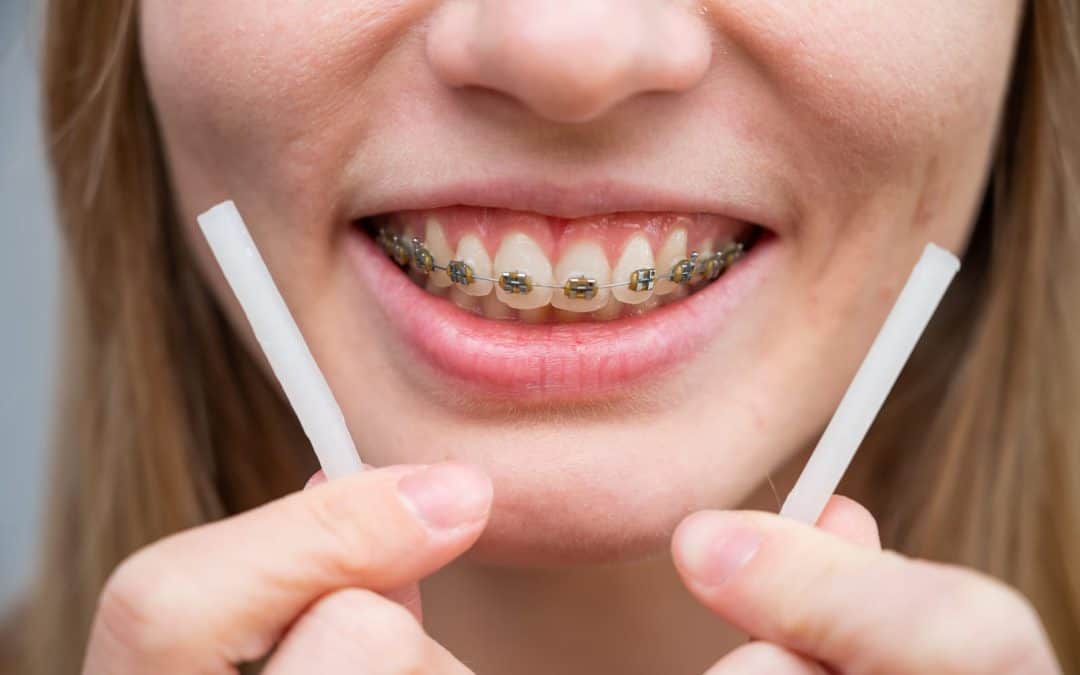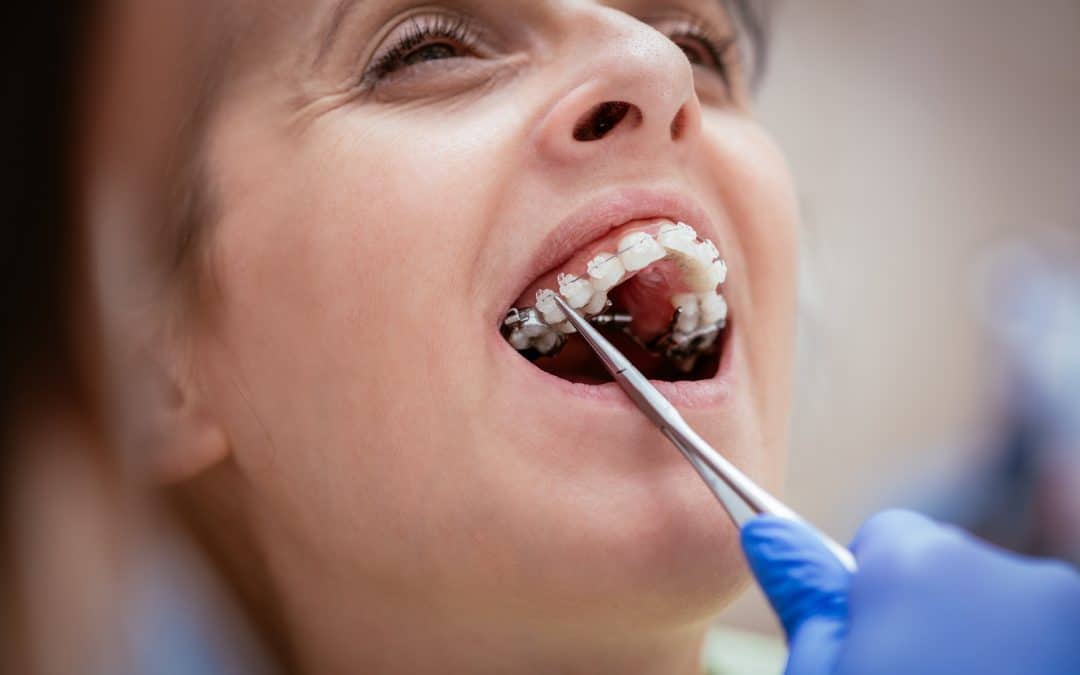Root canals are one of the most often performed orthodontic dental treatments to salvage badly decaying or diseased teeth. Still, they are vulnerable to a number of myths and misunderstandings, including the claim that they cause Cancer. Root canals are safe, successful operations meant to salvage diseased teeth and prevent subsequent issues, although complications may occur. This blog article debunks these beliefs and examines the research, offering insight into the safety hazards involved with root canal procedures.
Root canals are a dental procedure aimed at saving teeth from extraction due to infection or damage. There is no scientific evidence linking root canals to cancer. It’s important to consult with a qualified dentist or healthcare professional for accurate information about dental health.
Root Canal Myths You Should Know
One of the most pervasive misunderstandings about root canals is that they may cause systemic health problems, including Cancer. This notion may come from obsolete research or disinformation propagated by anecdotal stories or non-scientific sources; the following are some widely held root canal myths:
Myth: Root Canals induce Cancer
There is no scientific evidence that root canals induce Cancer. This notion stems back to Dr. Weston A. Price, a controversial figure from the 1920s who claimed germs trapped under root canals might cause systemic ailments; contemporary science has since discredited his assertions, but they remain in certain circles.
Myth: Root Canals Leave Toxins in the Body
Some people think that root canals leave behind toxic toxins that might cause a variety of health problems; however, these treatments entail thoroughly cleaning and sealing up each tooth to decrease infection risks as much as possible.
Myth: Extracting a Tooth is Better
Another widely held assumption is that pulling an infected tooth is generally better for dental health than having it pulled and root canal treated, assuming it can still be salvaged. In actuality, retaining its natural structure via root canal therapy may frequently result in improved oral health benefits.
Root Canal Cancer Risks to Consider
Contrary to common assumption, no scientific evidence links root canals to Cancer. To throw further light on this issue, the American Association of Endodontists (AAE) and other respectable dental and medical organizations undertook considerable research. Here are some crucial issues to consider in this situation.
Lack of Scientific Evidence
Studies undertaken in many sectors have determined that there is no relationship between root canals and Cancer, according to Mayo Clinic and other researchers. For example, individuals who had undergone root canal treatments were no more likely to get Cancer than those who had not.
Expert Consensus
Leading specialists in dentistry and oncology concur that there is no solid evidence to support assertions that root canals cause Cancer, with the majority highlighting their safety as effective treatments for dental infections.
Cancer Risk Factors
According to research, actual cancer risks include genetics, lifestyle choices (such as smoking and dieting), environmental exposures, and infections like Hepatitis. Dental operations, including root canals, do not increase risk.
How Much is Root Canal Safety?
Root canals are typically considered relatively safe when performed by skilled dental practitioners. Here are a few examples that demonstrate this concept of safety.
Serious safe process
Root canal treatments follow severe processes to guarantee that contaminated tissue is removed, canals are cleaned, and teeth are sealed efficiently, reducing the chance of problems.
Use of Modern Technology
Advancements in dental technology, such as digital imaging and rotary equipment, have significantly improved the accuracy and success rate of root canal procedures.
Sterilization and Infection Control
To avoid infections, dental clinics adhere to strict sterilization requirements. The materials utilized in root canal treatments are biocompatible and antibacterial.
Professional Training
Endodontists, the professionals who commonly perform root canal operations, go through extensive education and training programs that prepare them to do so safely and successfully.
Root Canal Complications That May Occur
Although root canal operations are typically safe, they may sometimes generate problems that must be carefully monitored to ensure your safety and the ability of healthcare practitioners to address them. However, these root canal complications are infrequent and readily manageable:
Infection
Although uncommon, infections may occur if germs are not entirely eradicated or the tooth seal is not correctly sealed. To mitigate this risk, antibiotics and further therapy should be explored.
Tooth Fracture
Over time, treated teeth may become weaker, increasing the likelihood of fracture. Placing a crown may lessen this risk and better protect treated teeth from fractures.
Incomplete Cleaning
Because of their complicated architecture, root canals may not always be able to remove all contaminated tissue altogether, requiring retreatment or surgery as needed in teeth extraction.
Persistent Pain
Some patients may endure prolonged discomfort after surgery, although this is often treated with pain medicines and follow-up therapy to address any underlying concerns.
Root Canal Dental Procedures
Root canal dental procedures vary based on the severity and location of an impacted tooth. However, the following are the most common ones:
Standard Root Canal Treatment
It consists of removing diseased pulp, cleaning and contouring the root canal, and sealing it with filler material.
Pulpotomy
Pulpotomies are often done on youngsters. A pulpotomy removes diseased pulp from a tooth’s crown while leaving healthy pulp in its roots; this treatment may be used as a temporary repair until complete root canal therapy can be performed.
Pulpectomy
It is a comprehensive dental operation in which all pulp tissue from both the crown and the roots is taken to eliminate any infection in any location. It may be used when infected pulp tissue cannot be controlled with antibiotics alone.
Apicoectomy
If normal root canal operations fail, an apicoectomy may be done as an alternate method of treating diseased tissues surrounding the root. This surgical procedure comprises removing the diseased root tip and surrounding contaminated tissue before sealing the end and any holes left by cutting.
Ending Remarks
Modern research and professional consensus have shown that root canals do not cause Cancer. By learning the facts and eliminating misconceptions about root canal procedures, patients may make better-educated choices about their oral health and trust their treatment providers to give appropriate counsel customized precisely to their needs. If you have any concerns or questions about root canal procedures, please get in touch with a dentist at Dental Health Clinic right away so that personalized counsel may be offered based on your unique situation.

